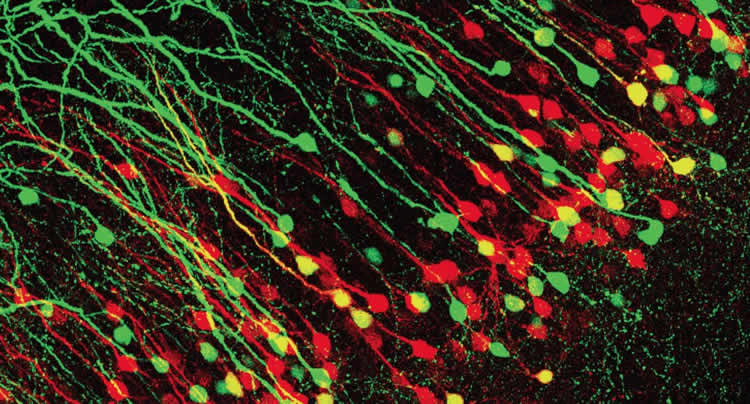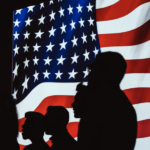In a new study, a group of researchers at the University of New Hampshire delved into a region of the brain synonymous with the formation of long-term memory: the hippocampus. According to researchers, in the hippocampus, neurons shaped by Pavlovian conditioning become more synchronized, vital for learning and memory formation.
The study, released in The FASEB Journal, involved rodents for experimentation using the fundamentals of classical conditioning founded by modern behavior therapy pioneer Ivan Pavlov. Researchers focused on the hippocampal CA1 subregion during their implementation of an endomicroscope to observe neural activity among the rodents.
At the start of the study, before Pavlovian learning patterns were applied, the rodents did not exhibit synchronization. However, after repetition of various tasks the rodents started to discern a pattern and the highly active neurons eventually transitioned to well-tuned synchronization.
“Repetitive training induced Primed Neurons to shift from random activity to well‐tuned synchronization,” researchers indicated. “The emergence of activity synchronization coincided with the appearance of mouse freezing behaviors.”
“In recall, a partial synchronization among the same subset of Primed Neurons was induced from random dynamics, which also coincided with mouse freezing behaviors. Additionally, training‐induced synchronization facilitated robust calcium entry into Primed Neurons. In contrast, most CA1 neurons did not respond to tone and foot shock throughout the training and recall cycles.”
From the experiments, researchers concluded that synchronization of neurons was vital in the formation and retrieval of memory among the rodents.
The understanding of how Pavlovian conditioning shapes neural connections is crucial for future research and could result in the development of potential new treatments combating memory-related conditions, like for instance, dementia (decay of memory) and PTSD (excessiveness in memory formation).


